Question And Answer
Publications
Articles, publications, books, tools and multimedia features from the U.S. Institute of Peace provide the latest news, analysis, research findings, practitioner guides and reports, all related to the conflict zones and issues that are at the center of the Institute’s work to prevent and reduce violent conflict.
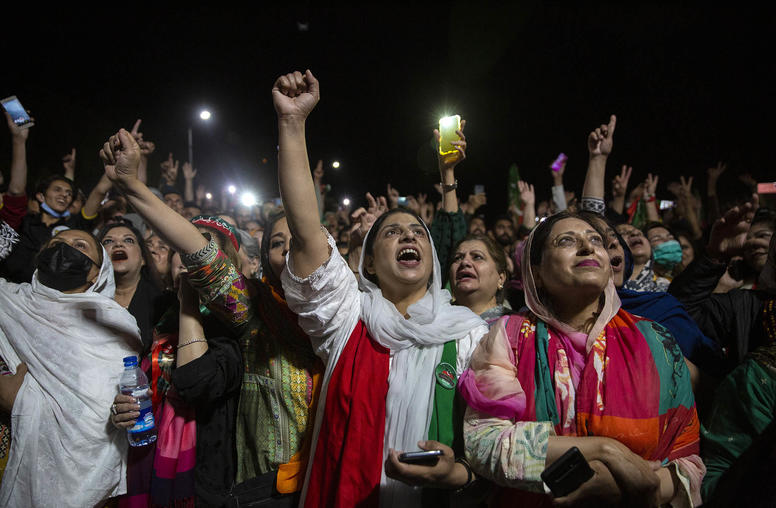
Pakistan’s New Government Struggles to Consolidate Control
Pakistan’s current government, an unwieldy multi-party coalition led by Prime Minister Shehbaz Sharif of the Pakistan Muslim League Nawaz (PML-N) party, faced a new setback in July after losses in mid-month special elections for 20 constituencies in the country’s heartland province of Punjab. Although the PML-N coalition attempted to retain control of the provincial government through manuevers in the provincial assembly, a Supreme Court ruling on July 26 overturned earlier precedent and ordered the election of Chaudhry Pervaiz Elahi, an ally of former Prime Minister Imran Khan, to the position of chief minister.
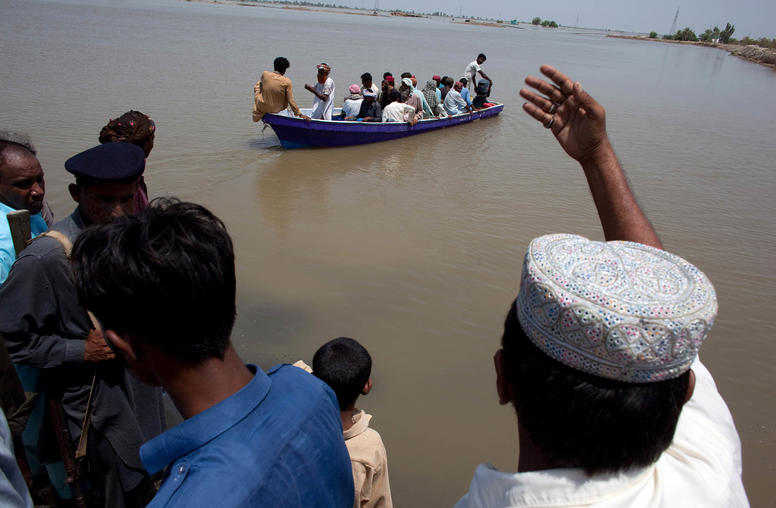
Pakistan’s Climate Challenges Pose a National Security Emergency
Pakistan is in the midst of a terrible heatwave, with the temperatures in parts of the country exceeding 120 F. April was the hottest month in the past 61 years, until May came along and saw warmer temperatures. At least 65 people have reportedly died due to the heatwave, but the actual numbers are certainly higher, and it’s caused massive flooding and infrastructure damage in Gilgit-Baltistan, water shortages in Karachi and broader Sindh province, and placed greater demands on the country’s weak electrical grid. Despite monsoon rains beginning in late June — causing at least 77 deaths — many parts of the country still swelter. Pakistan should treat these climate disasters as a full-fledged national security emergency before they stoke conflict that adds further stress amid the country’s other numerous challenges.
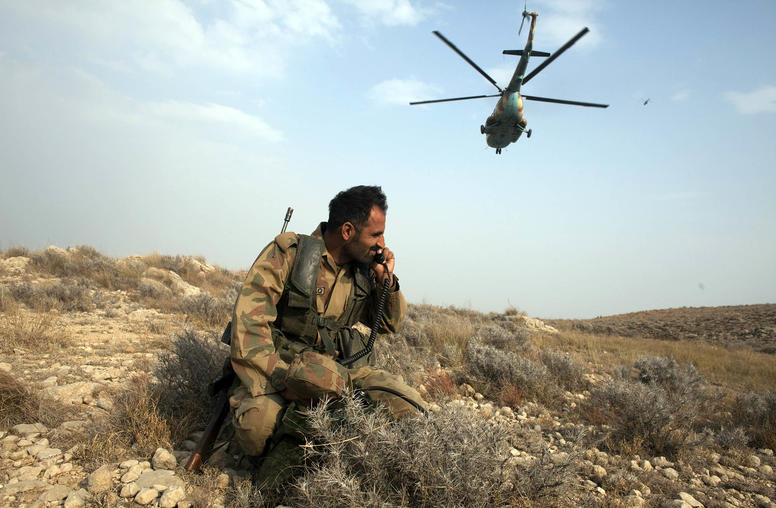
Five Things to Watch in the Islamabad-Pakistani Taliban Talks
After several months of intense fighting, the Pakistani government and the anti-Pakistan insurgent group the Tehreek-e-Taliban Pakistan (TTP) are talking once again. In early June, the TTP, also known as the Pakistani Taliban, announced a cessation of hostilities with Pakistan for three months. This cease-fire resulted from weeks of secret talks in Kabul between the TTP and Pakistani military officials, followed by a more public meeting between the TTP and Pakistani tribal leaders — both mediated by the Afghan Taliban. For the first time, the Afghan Taliban also confirmed the talks and their role as mediators between Pakistan and the TTP.

Daniel Markey on Strategic Stability in Southern Asia
Security, territorial and political tensions between Southern Asia’s three nuclear states — Pakistan, India and China — "have gotten worse over the past few years," says USIP's Daniel Markey. "These are countries that have been at war a number of times… that [makes] these hostilities difficult to manage."
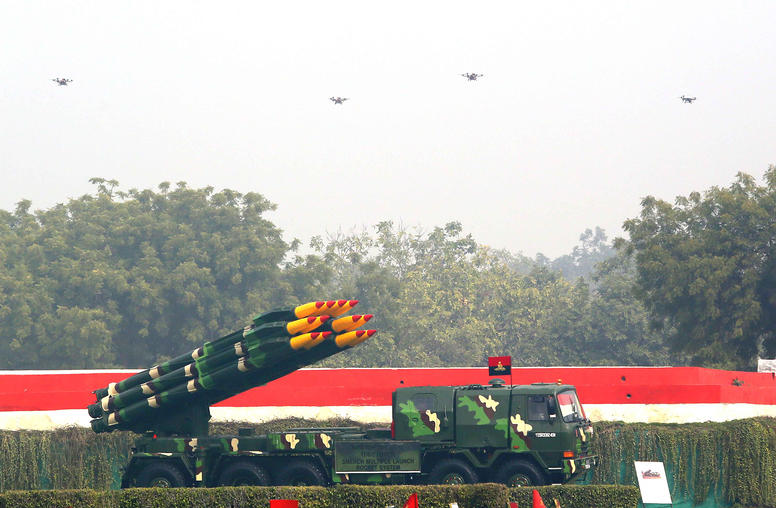
Our Next ‘Unthinkable’ Crisis: Nuclear War in Asia?
Our world’s spate of disasters so recently unimaginable — European cities pulverized by war, Earth’s decaying climate or 6 million dead from pandemic disease — evokes a national security question: What other “unthinkable” crises must American citizens and policymakers anticipate? A singular threat is warfare around our planet’s one spot where three nuclear-armed states stubbornly contest long-unresolved border conflicts. Largely unnoted in national security news coverage, the conflicts embroiling China, India and Pakistan are growing more complex and dangerous. A USIP study shows the urgency for U.S. policymakers of working to reduce the risks.
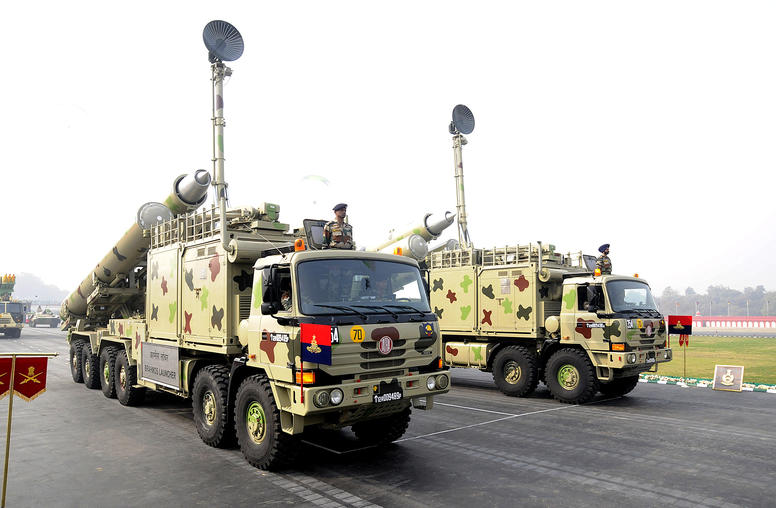
Enhancing Strategic Stability in Southern Asia: USIP Senior Study Group Final Report
This report reviews the challenges posed by changing strategic circumstances in Southern Asia, assesses a range of US policy options, and presents a set of priority recommendations for US policymakers.
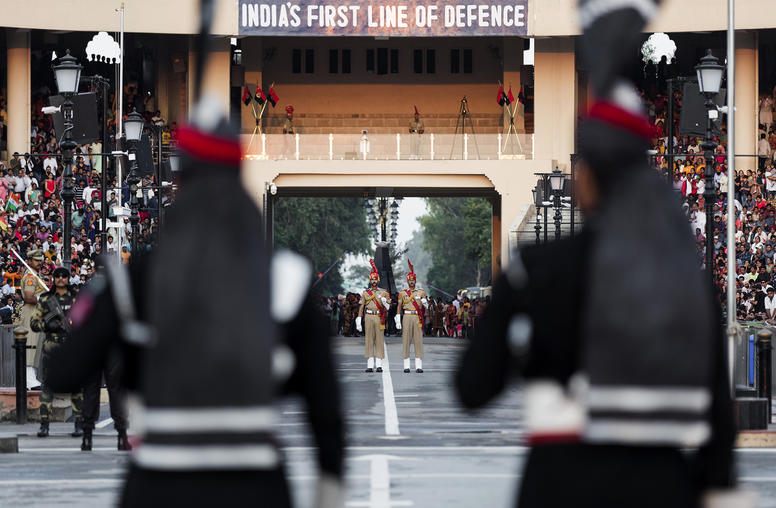
China, India and Pakistan: Tenuous Stability Risks Nuclear War
Over the past decade, long-standing disputes between the nuclear-armed states of Southern Asia have repeatedly veered into deeper hostility and violence. These regional developments reflect and reinforce new and significant geopolitical shifts, starting with the global strategic competition between China and the United States. In Southern Asia, relations between the United States and Pakistan have frayed even as U.S.-India and China-Pakistan ties have strengthened. The region now faces deepening and more multifaceted polarization. Global competition adds fuel to regional conflict and reduces options for crisis mediation.
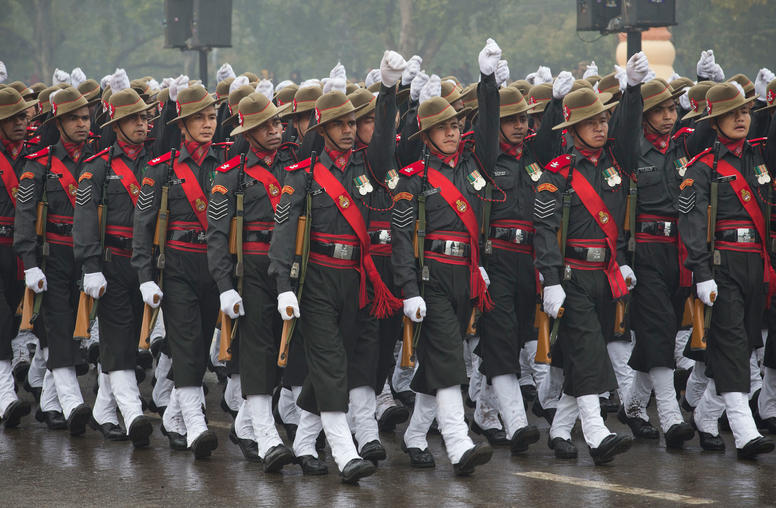
How to Deal with the Risk of Nuclear Escalation in South Asia
Two months ago, India accidentally launched a missile 75 miles into its rival Pakistan’s territory. Although many U.S. policymakers could be excused for having both eyes on the Russia-Ukraine conflict, for those pursuing stability in the Indo-Pacific, this was a reminder of the nuclear risks endemic to the region.
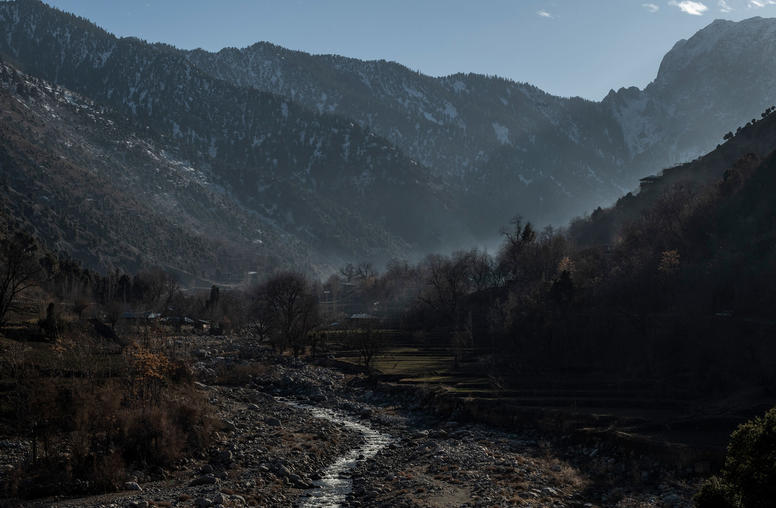
Pakistan’s Twin Taliban Problem
Pakistan and the Afghan Taliban are teetering on the brink of a major crisis. Since coming into power, the Taliban has defied Pakistan — its main state benefactor during the insurgency against the United States military and the deposed Afghan government. It has done so by challenging the status of the Afghan-Pakistan border and providing a haven to the anti-Pakistan insurgent group the Tehreek-e-Taliban Pakistan (TTP), also known as the Pakistani Taliban, which has killed thousands of Pakistanis and seeks to establish a Taliban-style, Shariah-compliant state in Pakistan. This has stunned Islamabad, which was operating on the assumption that the Taliban would be beholden to Pakistan out of gratitude for years of support.

Tamanna Salikuddin on the Fall of Pakistan’s Imran Khan
Over the weekend, Imran Khan became the first Pakistani prime minister to be ousted in a no-confidence vote. USIP’s Tamanna Salikuddin says, “There are a lot of reasons why he lost the support of [the] military establishment and also parliament” but that “his downfall really, number one, was the economy.”